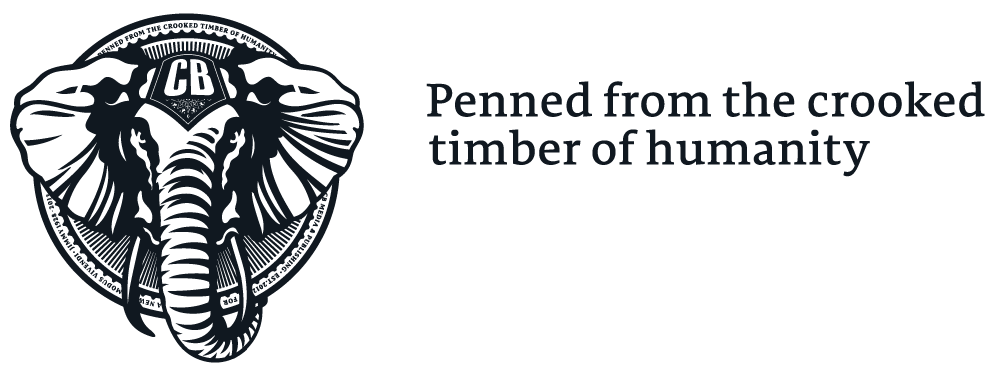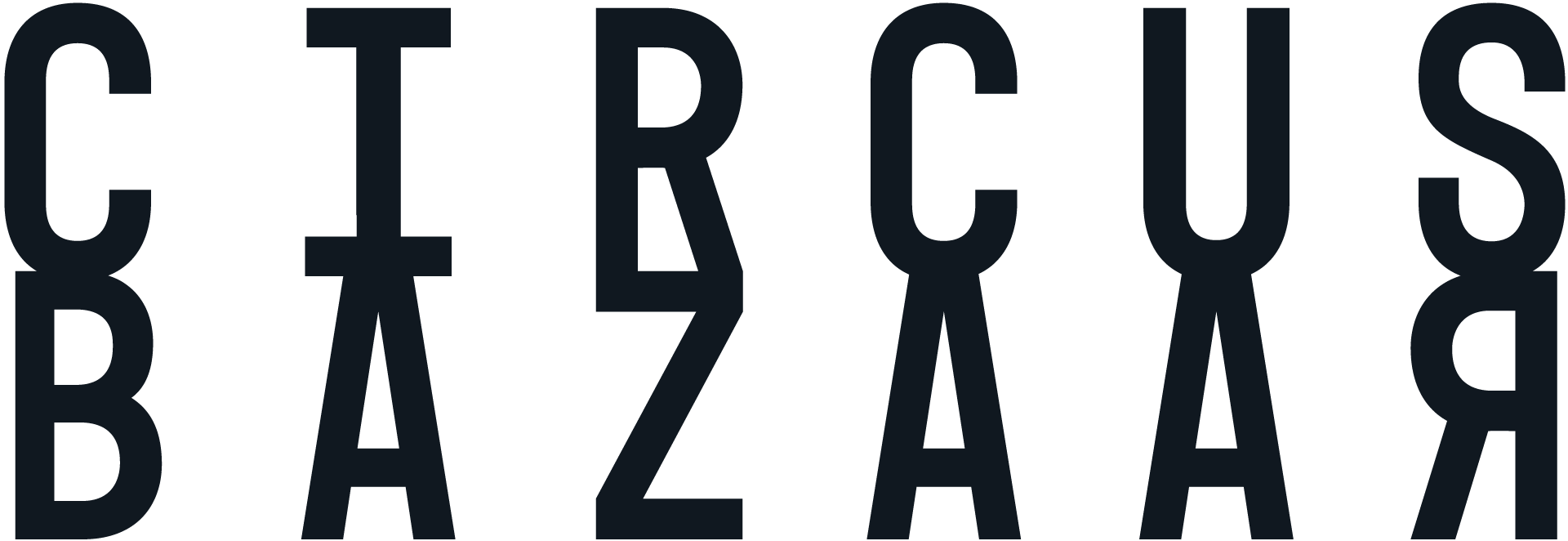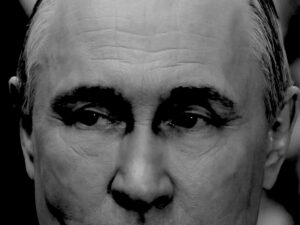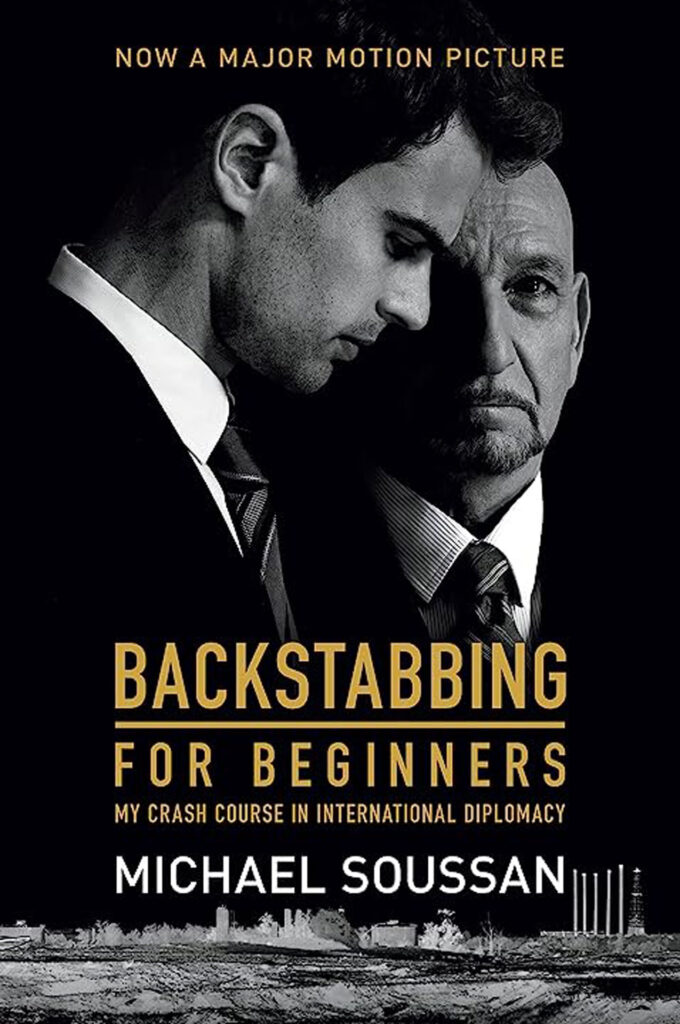In the last Podcast of 2018, Editor of Circus Bazaar Magazine Shane Alexander Caldwell sits down to discuss Applied Postmodernism & Grievance Studies with James Lindsay.

The Big Tent Podcast
The Big Tent Podcast is a catch-all party audio program hosted by Circus Bazaar Magazine. Our goal is to interview people across a broad spectrum of political views and from a wide cross-section of society.
The Big Tent Podcast is available across all major podcasting networks.
Subscribe to Circus Bazaar Magazine
Circus Bazaar Magazine will soon be going to print and international distribution. We will offer this on a yearly subscription model. Sign-up for a free digital subscription today and stay informed about all writing, developments and future offers.
[convertkit form=773441]
If you are not a soldier by proxy, you are an intelligence officer by proxy.
Matthew Ford’s War in the Age of the Smartphone is an essential companion for…
Continue Reading If you are not a soldier by proxy, you are an intelligence officer by proxy.
The Unrivalled Rivalry — The Thrilla in Manila turns 50
Fifty years have passed since that grotesque yet glorious night that only the unforgiving…
Continue Reading The Unrivalled Rivalry — The Thrilla in Manila turns 50
Ricky Hatton (1978–2025): Forever a Champion
The world of boxing is in mourning following the death of Ricky “The Hitman”…
Continue Reading Ricky Hatton (1978–2025): Forever a Champion
Ukraine in the Eyes of Western Observers
In the eyes of Western observers, Putin is often portrayed as a wild, uncontrollable…
Rubashov, Koestler, and the Theory of Relative Maturity
Awaiting the outcome of his secret trial in a cold Soviet prison, the Old Bolshevik Rubashov reflects on a long and bloody career as Party revolutionary. In his meditations, Rubashov attempts to make sense of the arc of history.
Continue Reading Rubashov, Koestler, and the Theory of Relative Maturity
The Russo–Ukrainian Civil War
The war between Russia and Ukraine is not an ordinary conflict between two states. The men (and women) across the trenches speak the same language, share the same traditions, and their faces also look very similar.




















